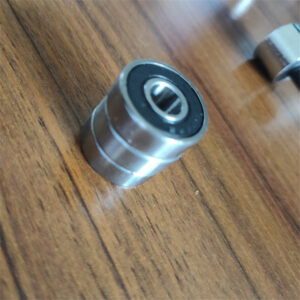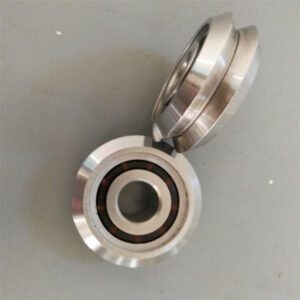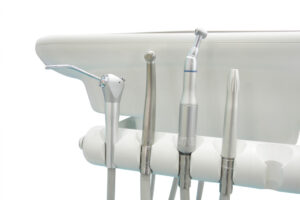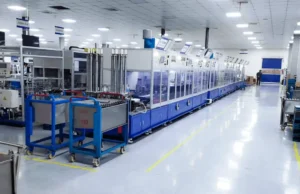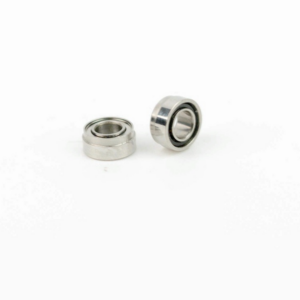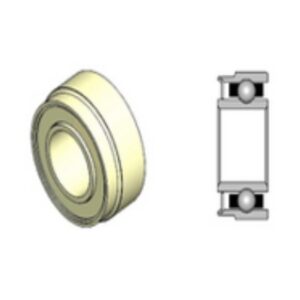However, their service life can vary significantly based on several factors. This guide explores the key influences on dental bearing longevity and offers insights into maintaining their performance.
1. Material Composition of Dental Bearings
The material of a dental bearing determines its durability and resistance to wear.
- Ceramic Bearings: Known for their lightweight and low-friction properties, ceramic bearings offer excellent resistance to wear and heat, making them ideal for high-speed dental applications.
- Stainless Steel Bearings: These are durable and cost-effective but may generate more friction compared to ceramic bearings.
Choosing the right material based on the specific needs of your dental handpiece can significantly impact its lifespan.

2. Lubrication Practices
Proper lubrication is crucial for reducing friction and wear in dental bearings.
- High-Quality Lubricants: Ensure the use of dental-specific lubricants to maintain optimal performance.
- Regular Application: Lubricate the bearings as recommended by the manufacturer to prevent premature failure.
Neglecting lubrication can lead to increased friction, overheating, and eventual bearing failure.
3. Operating Speeds and Loads
High-speed dental handpieces place significant stress on bearings.
- High-Speed Bearings: Bearings designed for high speeds are more resilient to rotational forces.
- Load Management: Avoid overloading the handpiece to reduce strain on the bearings.
Operating the equipment within its recommended speed and load limits helps maintain the longevity of its components.
4. Environmental Factors
The environment in which dental bearings operate also plays a role in their lifespan.
- Moisture and Corrosion: Exposure to moisture can lead to corrosion, particularly in stainless steel bearings.
- Debris Contamination: Particles can enter the bearing housing and cause wear or damage.
Using sealed bearings and maintaining a clean workspace can mitigate these risks.
5. Maintenance and Handling
Regular maintenance and proper handling are essential for extending the life of dental bearings.
- Routine Inspections: Check for signs of wear, noise, or performance issues.
- Proper Sterilization: Overheating during autoclaving can damage bearings, especially if they lack proper lubrication beforehand.
Adhering to manufacturer guidelines for maintenance and sterilization is key to ensuring optimal performance.
6. Types of Dental Bearings
The type of bearing chosen can affect its service life.
- Ball Bearings: Commonly used due to their ability to handle high speeds.
- Ceramic Bearings: Preferred for their low-friction and heat-resistant qualities.
Selecting the right type for specific dental applications ensures better performance and durability.
Frequently Asked Questions About Dental Bearings
1. How often should I lubricate dental bearings?
It depends on the manufacturer’s recommendations and the frequency of handpiece use. Regular lubrication is crucial for optimal performance.
2. Are ceramic bearings better than steel bearings?
Ceramic bearings generally offer superior performance in terms of heat resistance and friction reduction, making them suitable for high-speed applications.
3. What causes bearing failure?
Common causes include poor lubrication, contamination, improper handling, and exceeding speed or load limits.
Conclusion
Understanding the factors that influence the service life of dental bearings can help dental professionals make informed decisions about maintenance and replacement. By focusing on material selection, proper lubrication, and regular maintenance, you can extend the lifespan of your dental equipment, ensuring better performance and cost efficiency.
